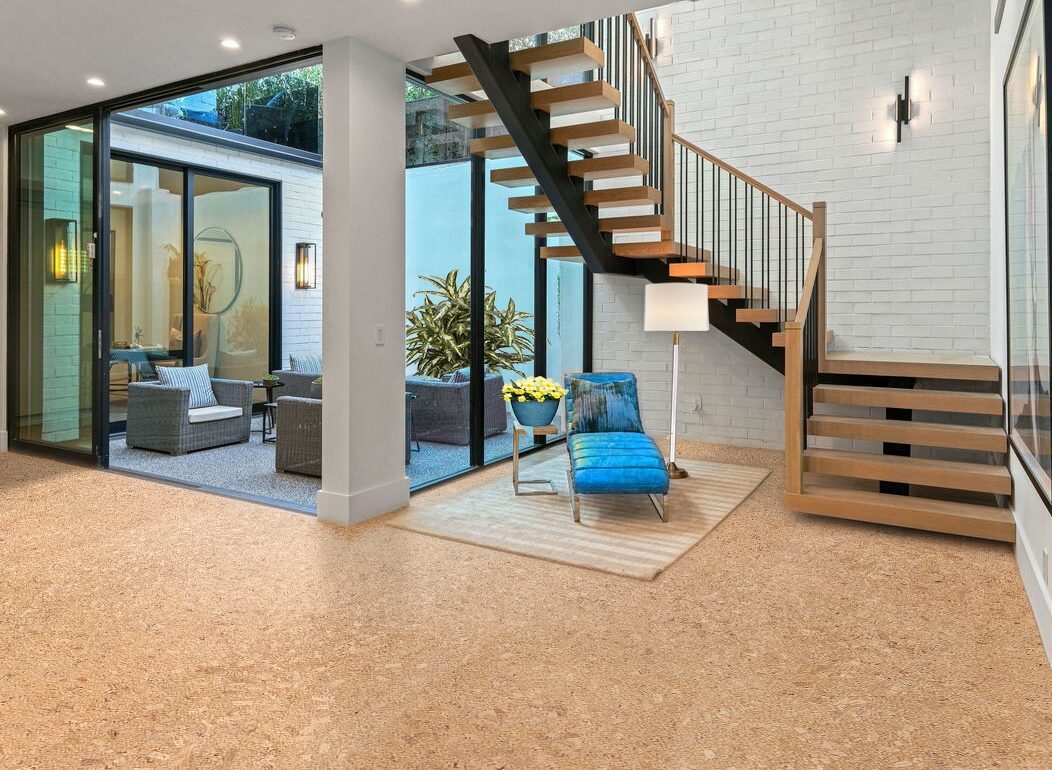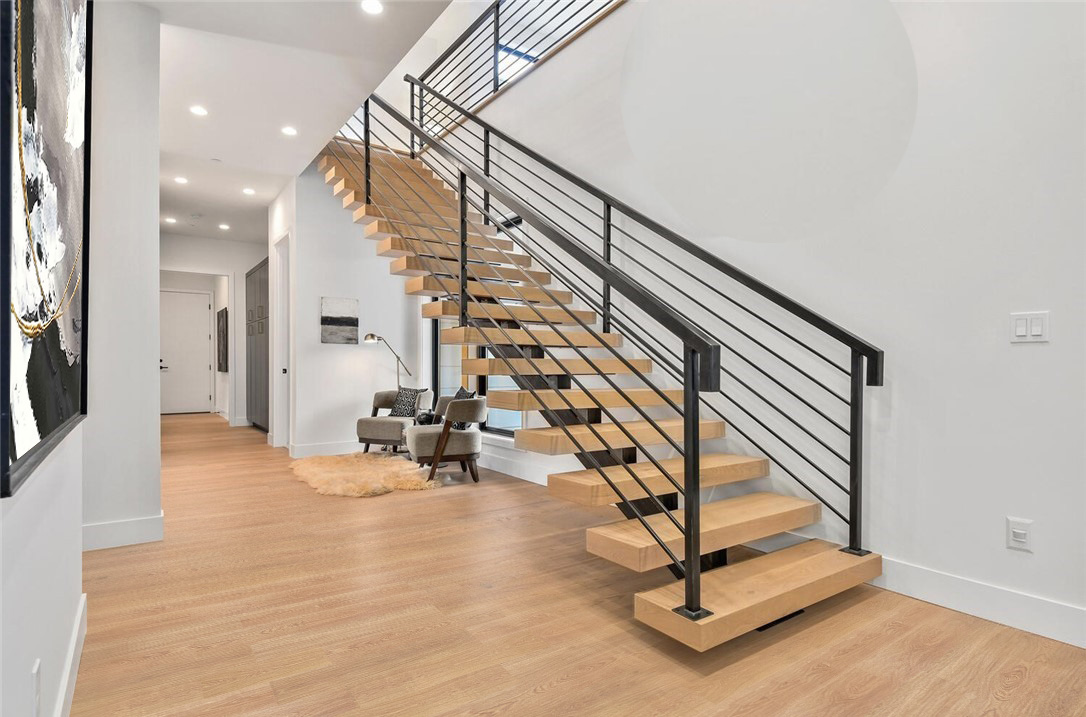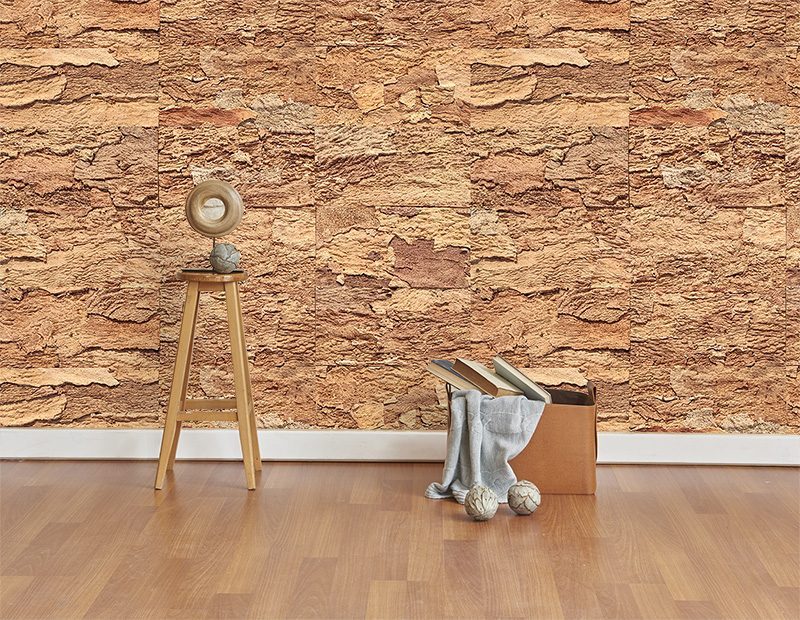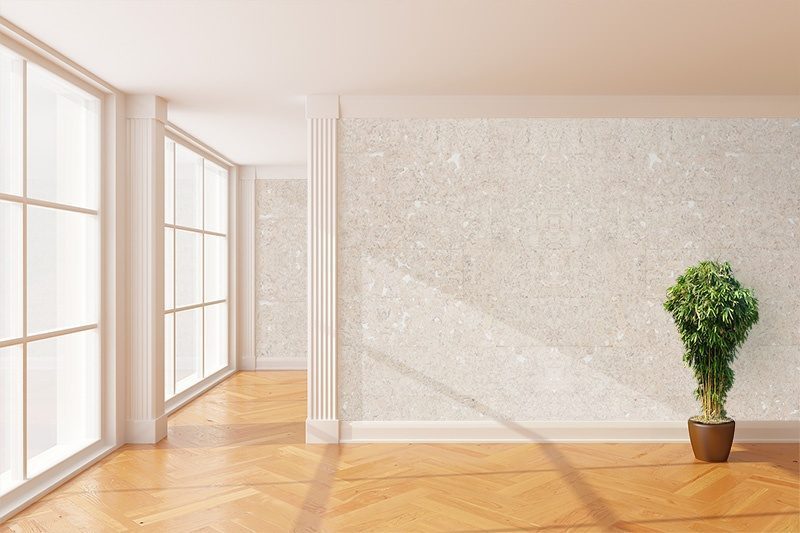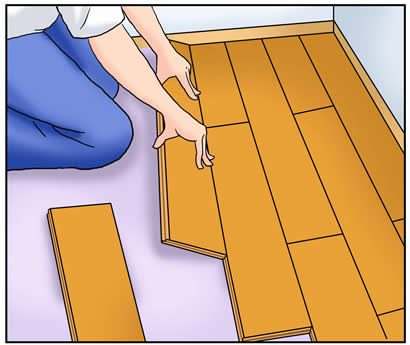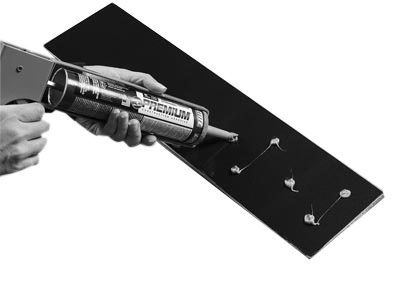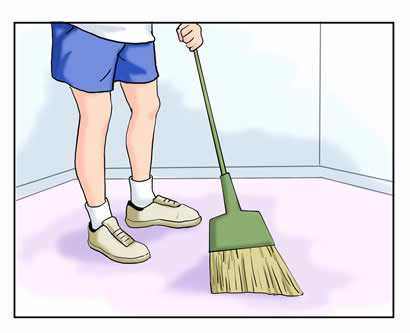Polyurethane Finish Water based vs solvent based
By LOBA GmbH & Co. KG
| In general a comparison between the characteristics of Water based polyurethane finish and solvent based polyurethane finish is difficult as the performance (wear resistance, hardness, impact etc) varies a lot within each class. This overview shall give a general idea about the advantages of each class: | ||
| Characteristics | Water based polyurethane coatings | solvent based polyurethane |
| Appearance | Natural look and high transparency. The structure of cork is kept alive. Very smooth surface due to curtain machine application. | More artificial look and less transparency. It seems that the cork is coated with a plastic foil. Because of the application by roller machines often a structure is visible. |
| Re-varnishing and | Renovation Water based polyurethane coatings can be easily recoated on site. Toplack CM can be revarnished on site in order to give an additional layer for higher wear resistance, to protect the joints in high traffic areas or to cover some surface faults without any pre-treatment (no sanding!) with WS 2K Duo. The adhesion is perfect. |
Re-varnishing on site is risky and succeeds only if the intermediate sanding is perfect. If not, loss of adhesion will occur. Because anti-scratch coatings with ceramic tiles are very difficult to sand re-varnishing is nearly impossible. |
| Maintenance | Easy to maintain. No problem with the adhesion based dispersions) is sometimes bad and problems are known in the market because of a bad adhesion of the maintenance product. Only special products are fitting (for ex. LOBA Cork Care). |
|
| Solid content | 30 – 35 % | 100% |
| VOC Emission | Due to small quantities of solvents in water based formulations, there are some VOC-emissions (volatile organic compounds) just after application and drying. However, the emissions decrease exponentially and go down to near zero after some weeks because no SVOC (semi volatile organic compounds are used. |
Due to solvent free formulation low VOC emissions after application and curing but uncured monomers, photo initiators and its fission products give SVOC emissions for a long period of time. No curing in the absence of light (porous surface of cork). Risk of smell problems |
| Wear resistance | Good wear resistance of 1K water based coatings. Recommended use for domestic areas. Very good wear resistance of 2K water based coatings (WS 2K Duo.Recommended use for domestic and commercial areas (according to EN 14354). It is not possible to improve abrasion resistance by adding ceramic tiles. |
Generally good wear resistance of solvent based polyurethane finish. Addition of ceramic tiles improves the abrasion resistance and qualifies special products for commercial areas (according to EN 14354). |
| Industrial application | Roller and curtain machine application is commonly used. Line speed is limited by the need of evaporation of the water. Big space is necessary for the drier. Profiling and packaging only after drying over night. |
Roller machine application is commonly used. High productivity due to fast cure and high line speed. Profiling and packaging immediately after curing is possible. |
| Impact resistance | Good impact resistance. With WS 2K Duo extremely good impact resistance can be achieved. | Good impact resistance. The addition of ceramic tiles degrades the impact resistance. |
| Scratch resistance | Medium scratch resistance of 1K and 2K water based coatings. Anti scratch coatings up to now are not possible. | High scratch resistance can be achieved with ceramic tiles. Anti-scratch coatings can be formulated. |



